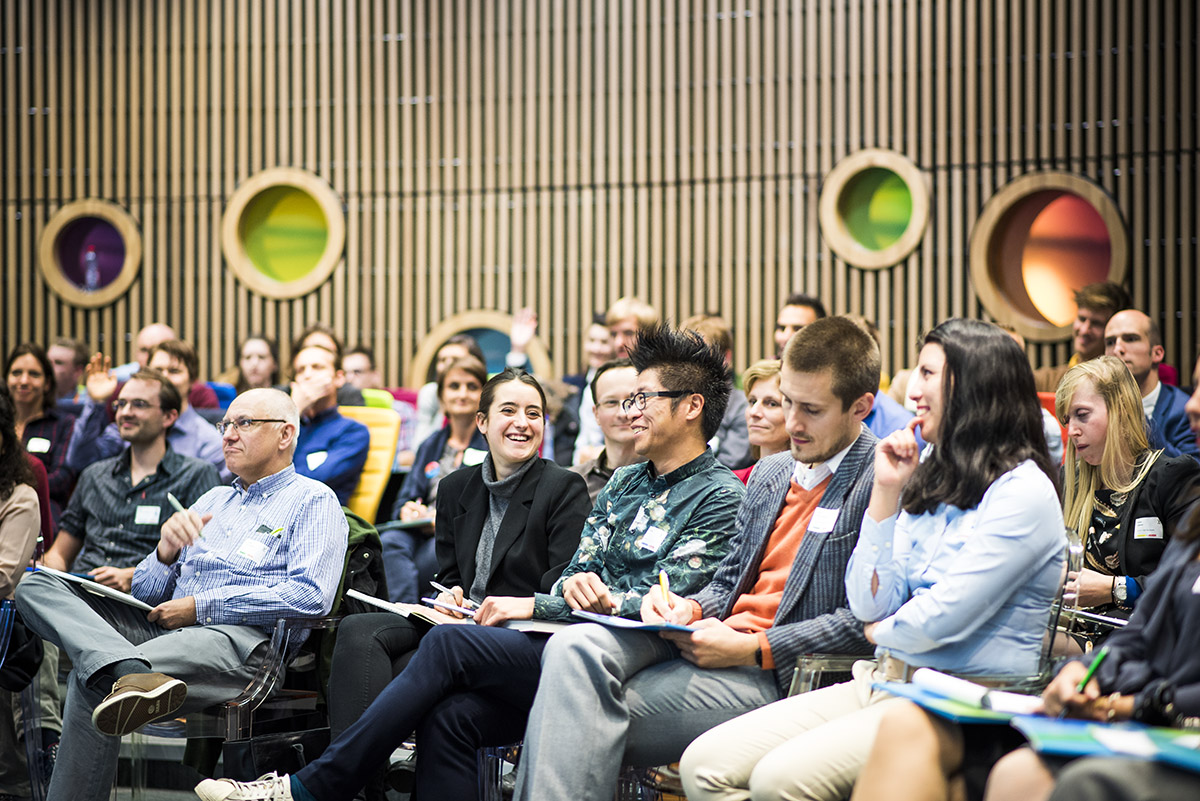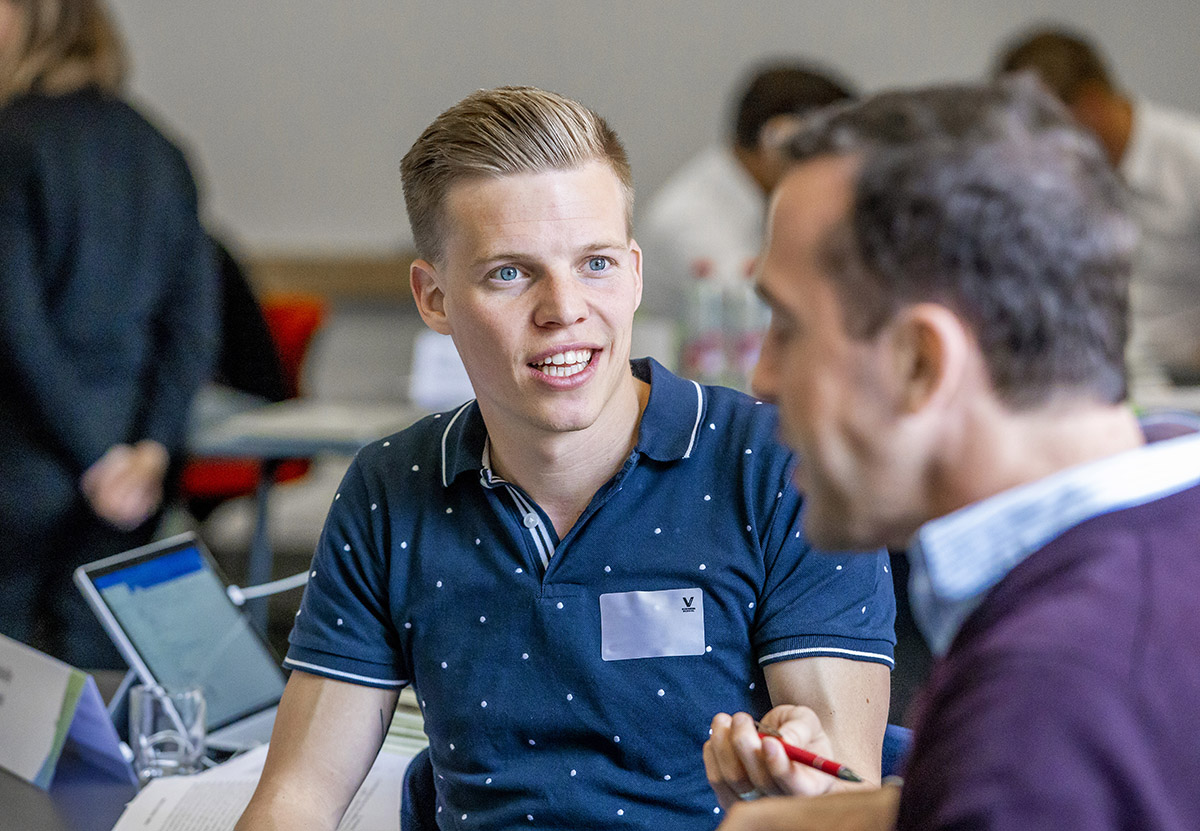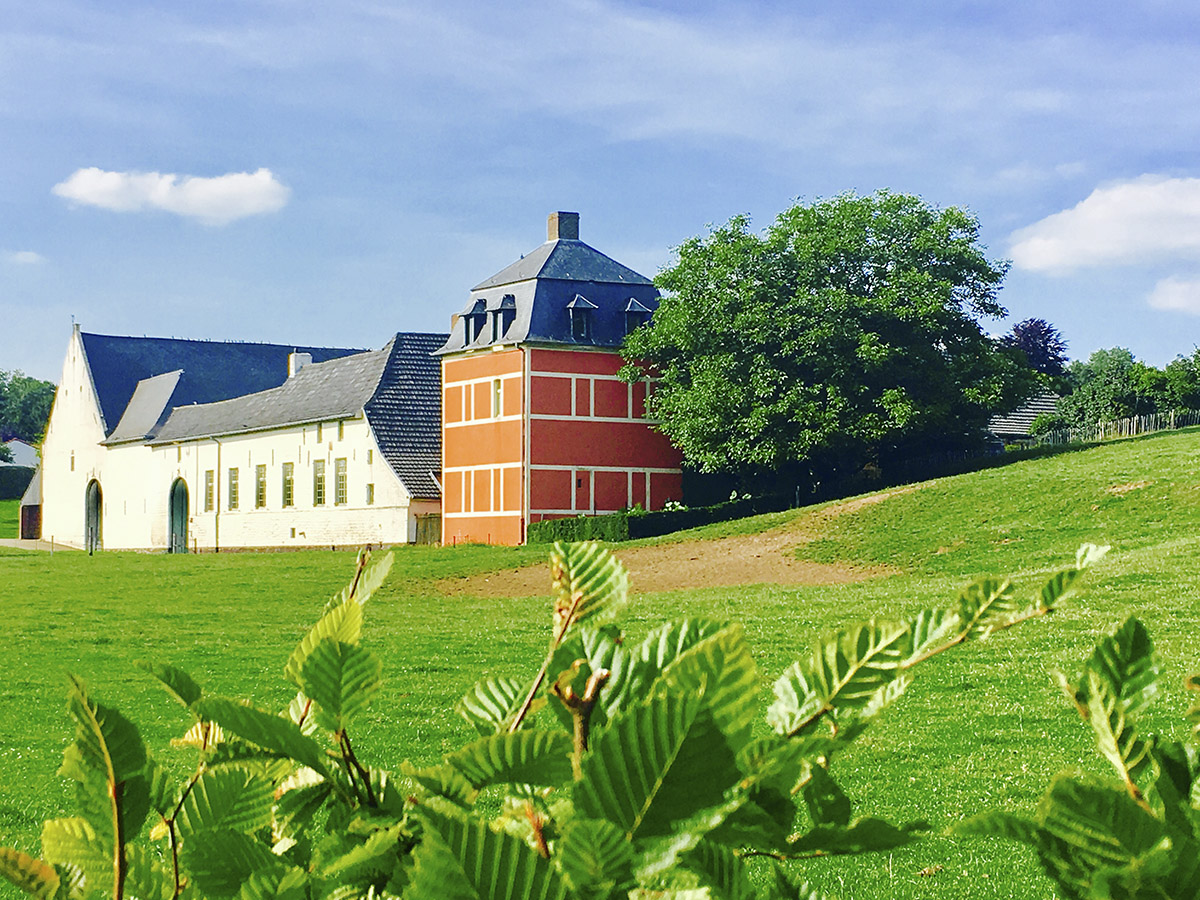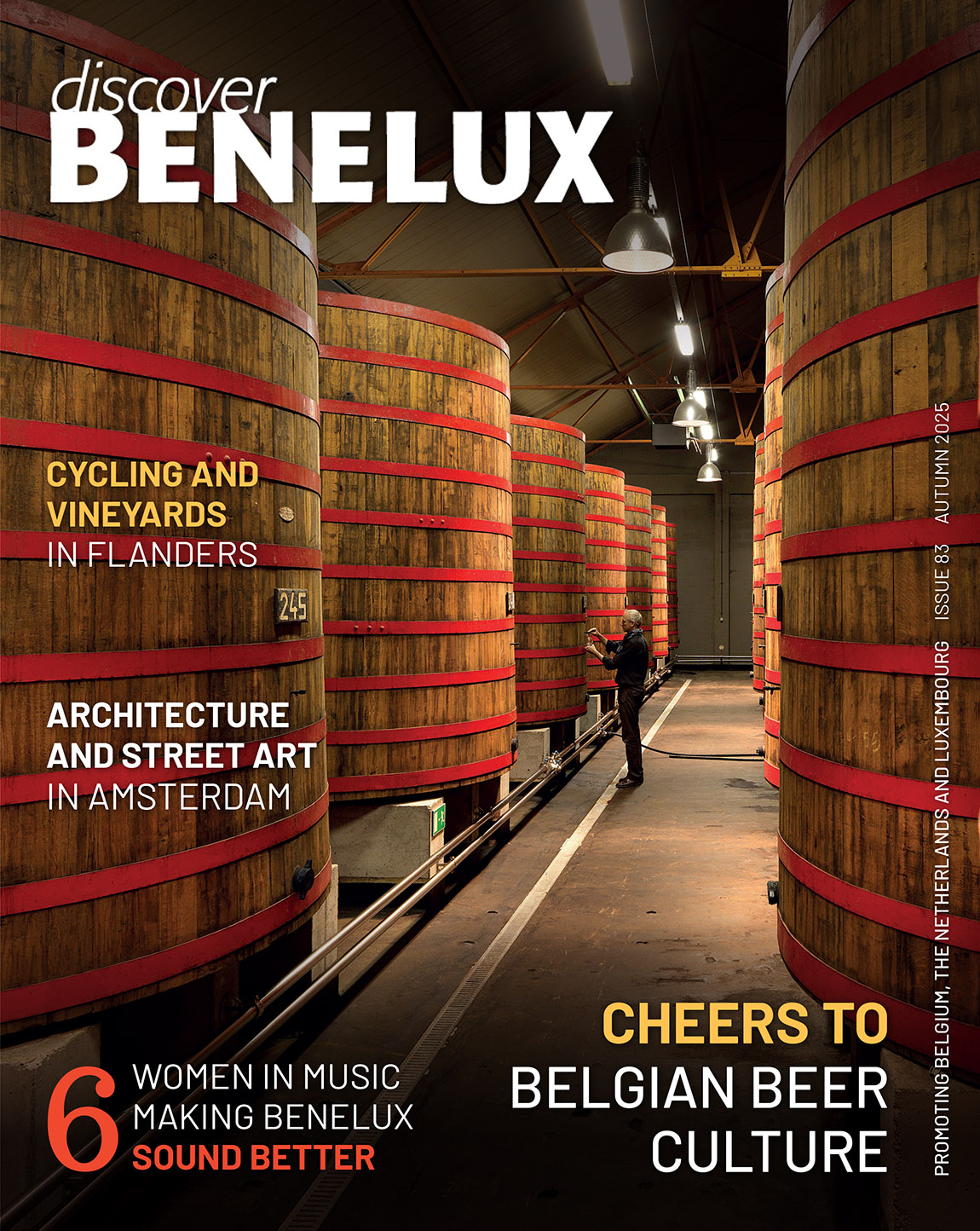Hotelschool The Hague – World-class hospitality education
Text: Arne Adriaenssens | Photo © Hotelschool The Hague
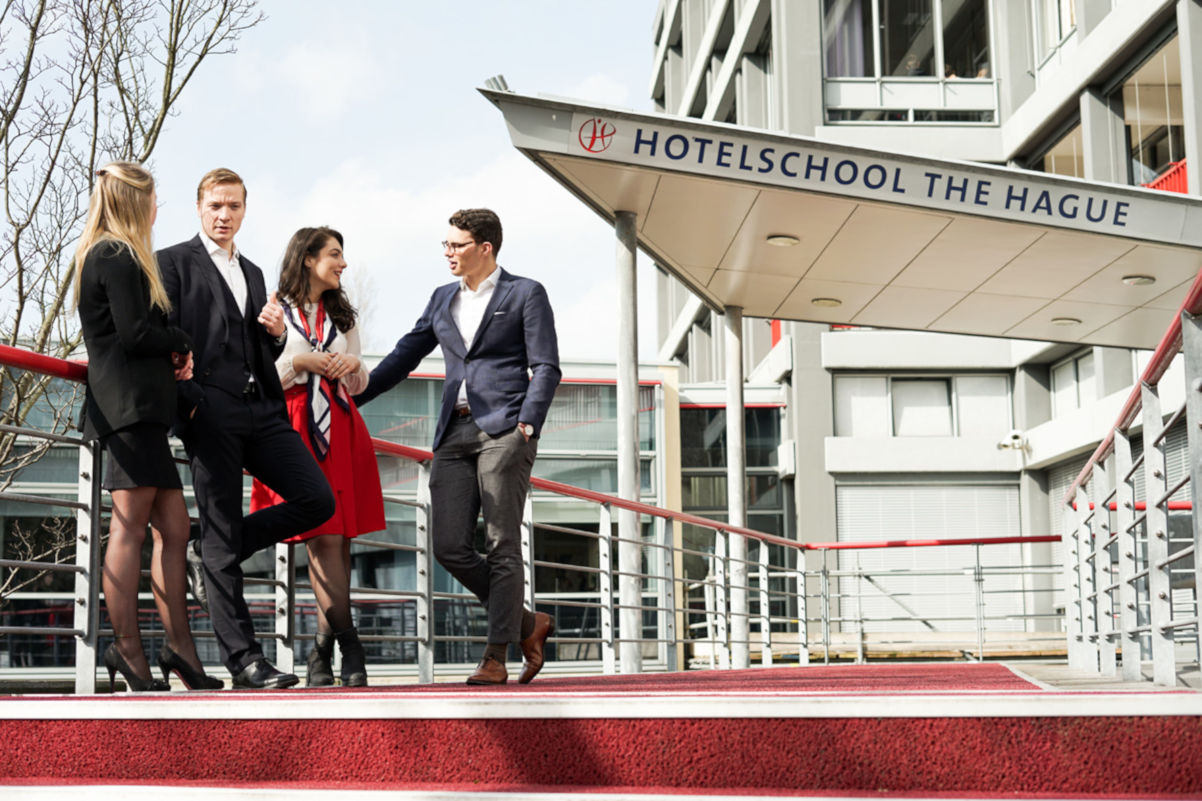
The hospitality business is one of continuous evolution and improvement. Therefore, any hospitality institute with legitimacy should stay ahead of tomorrow’s trends in order to groom the next generation of visionary hospitality leaders. As a top ranked Hospitality Business School, Hotelschool The Hague is the ultimate place to learn the latest tricks of the trade.
“Hotelschool The Hague is unique in its philosophy,” says Anna De Visser-Amundson, senior marketing and research fellow at the school. “Overall, you can distinguish two types of hospitality institutes. First, you have the very practical programmes, where the focus lays on perfecting the skills and techniques you need in the kitchen or at a hotel’s front desk. Other institutes look at hospitality purely from a business angle and focus solely on numbers and business plans. However, we have created a well-balanced programme that combines a sizeable theoretical foundation, with lots of hands-on experience and industry insights in the form of research. Our graduates can think strategically and act operationally. They know how to talk with the vice-president of a company as well as with the busboy.” Because of its all-round vision, Hotelschool The Hague may count itself among the best schools of its kind in the world. As recently as this year, the prestigious QS World University Ranking granted it the sixth position in the category ‘best hospitality and leisure management university’.
Disarming enthusiasm
To maintain these high standards, all those aspiring to study at Hotelschool The Hague must undergo a series of selection tests. In the end, only one out of three applicants gets in. “We test them on a wide range of criteria like teamwork, communication, mathematics, their level of English and their passion for the hospitality profession. This process only boosts our students’ motivation, filling the school with a disarming atmosphere of enthusiasm.” Throughout the studies itself, the standards are kept high as well. However, that does not mean the school environment is distant. Since the classes are small, the lectures remain interactive and the student-lecturer relations jovial. This approach attracts many international hospitality prodigies too. Especially since the working language within the school’s walls is English and the tuition fees are reasonable. “The hospitality sector is globalising at a dazzling pace and, as a Hospitality Business School, we have to prepare our students for that reality. By mixing several cultures under one roof, they all get more insights on hospitality in a global context. By speaking English only, they are also prepared to work in such an international environment.”
Two hotels and six restaurants on campus
As a student at Hotelschool The Hague, you do not just sit back and relax in an auditorium for the majority of the time. From the first year onwards, you become immersed in the tumultuous reality of the hospitality business. “Inside our two campuses in The Hague and Amsterdam, we have a total of two hotels and six restaurants. First and foremost, these are learning environments for our students to explore and make mistakes. This way, they will perform better once they go on an internship in the field.” Already during the first year of the Bachelor programme, small groups of students will run one of these outlets for a total of ten weeks. While being supervised by Michelin-starred chefs or big names from the hospitality industry, they cook for paying customers and welcome real tourists. “Of course, not everything always goes as smoothly as in a professional restaurant. Yet, our customers are usually very surprised by the high level of professionalism students have already acquired.”
It might not come as a surprise that alumni from Hotelschool The Hague are very desired within the international hospitality industry. Given that the school has been around for 90 years, their former students and superb reputation are far spread. This makes a degree from the institute a powerful tool in the search for an exciting job. “However, these last five years we have noticed that more and more of our alumni have been opening a business for themselves after graduation. For that reason, we are currently developing a module on entrepreneurship within our curriculum as well. In this module, our students will have to come up with a hospitality concept themselves, write a business plan, and pitch it in front of a jury.”
Rescued food
Since the beginning of 2017, the school has also been pioneering in the field of sustainability. “Because of our close ties with the industry, we saw how big the problem of food waste actually was. One-third of all food we produce ends up in bins and the hospitality sector is responsible for most of it. As a school, we felt like we could make a difference here. Therefore, we started cooking with as much ‘rescued food’ as possible: perfectly edible products that would, otherwise, be thrown away for not matching our high standards and expectations. Today, we have already saved more than 40,000 kilogrammes of food from the trash bin.”
Anna is the driving force behind the ‘Food Circularity’ programme that has been implemented in the curriculum of the Hotelschool The Hague. These initiatives combine practical education with research and theory. Research projects related to the marketing of rescued-based food show that cooking with saved products can save quite a penny, while the label ‘ecological’ can boost the popularity of your business for example. On the other hand, nudging campaigns to reduce food waste and the use of disposables were organised to reduce waste within the school. “We are convinced that, with this project, we can create a new generation of hospitality talent who combine sustainability with skill and virtuosity.”
Subscribe to Our Newsletter
Receive our monthly newsletter by email

